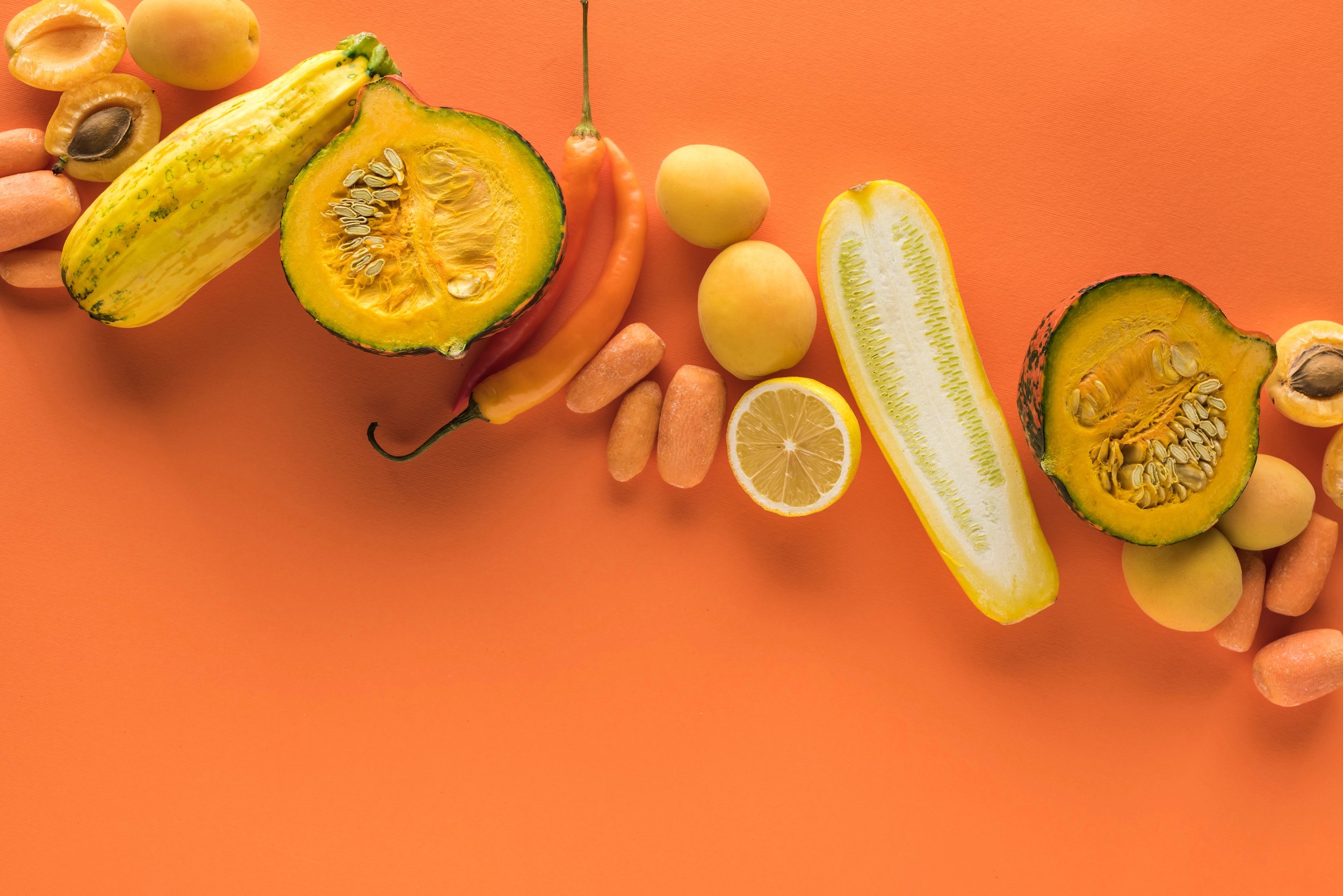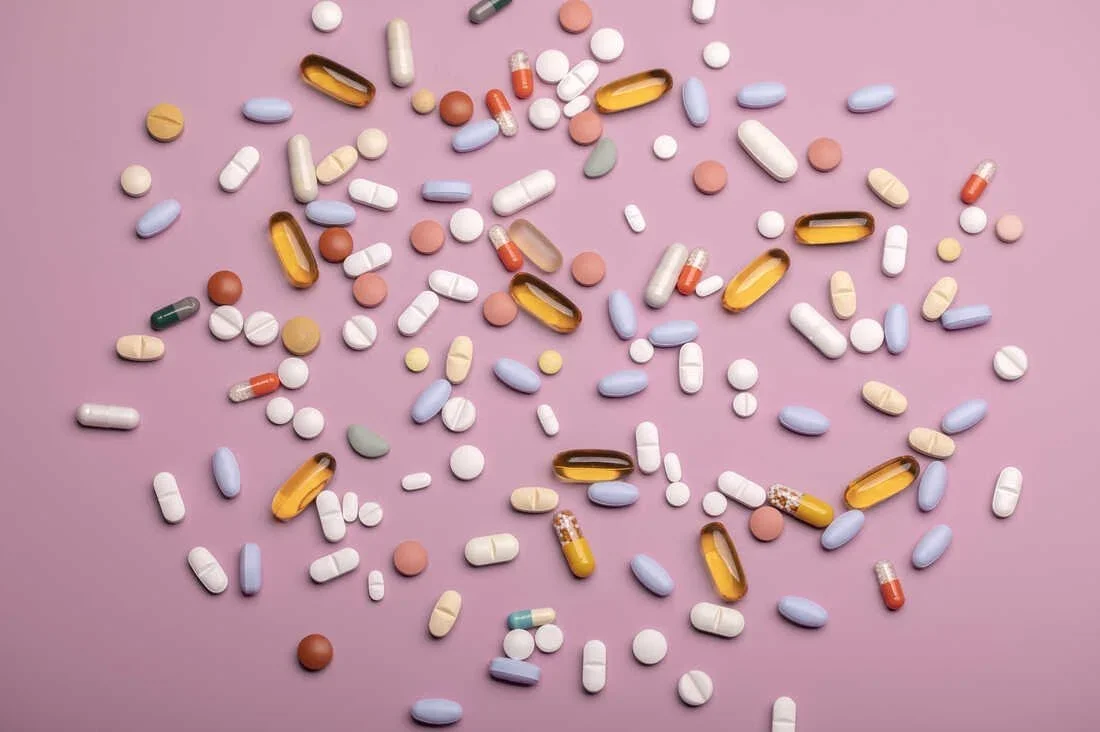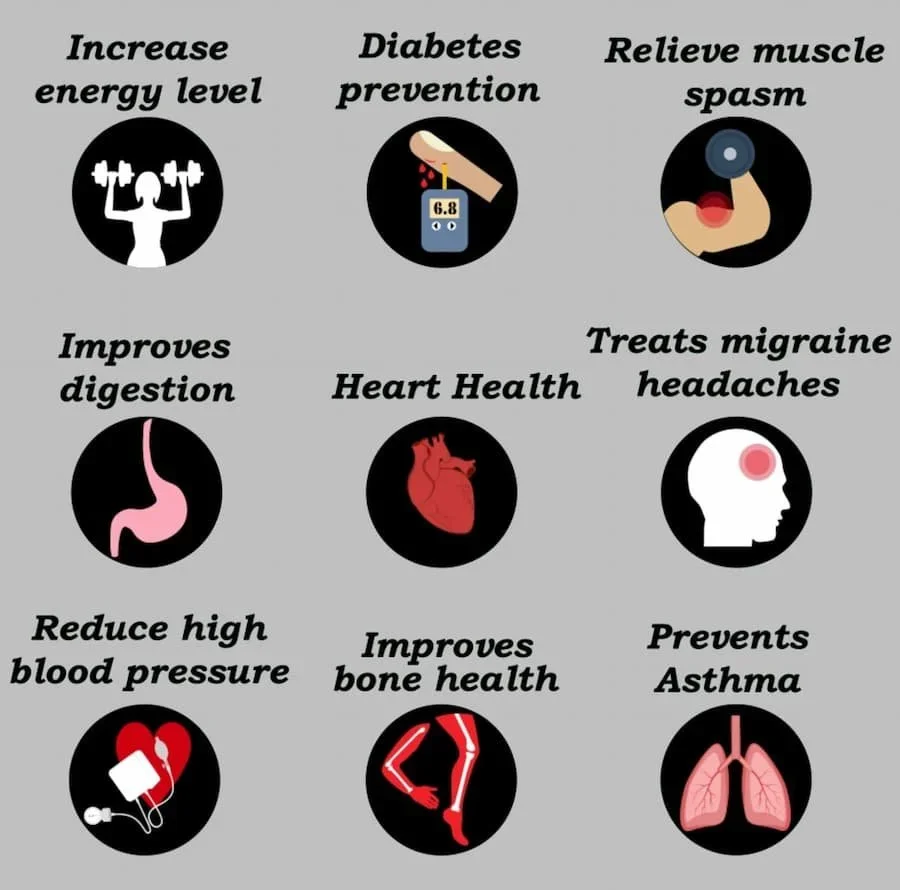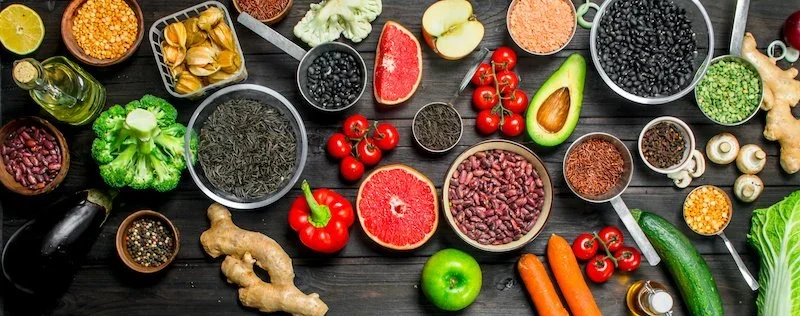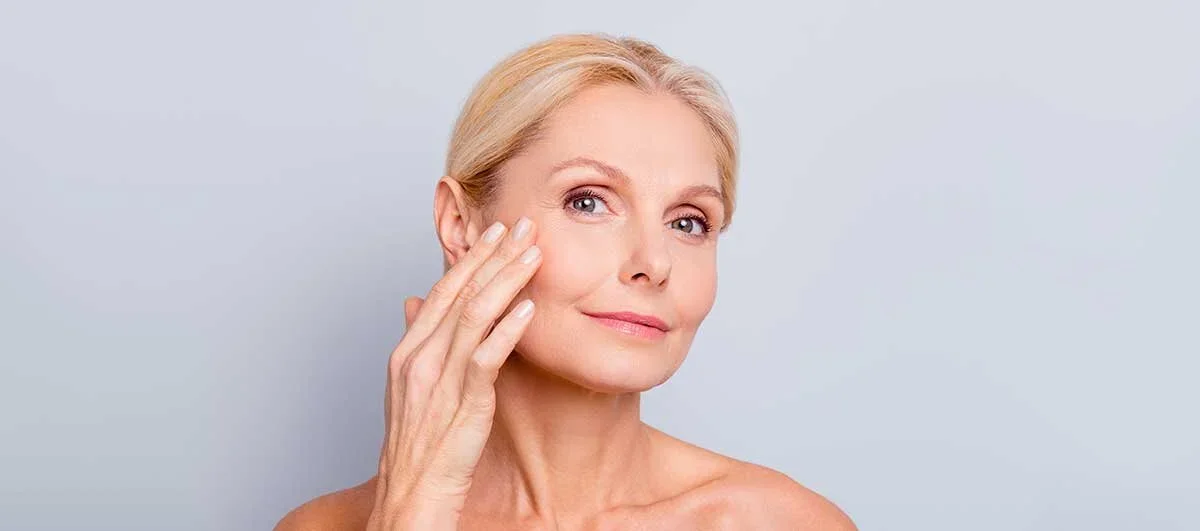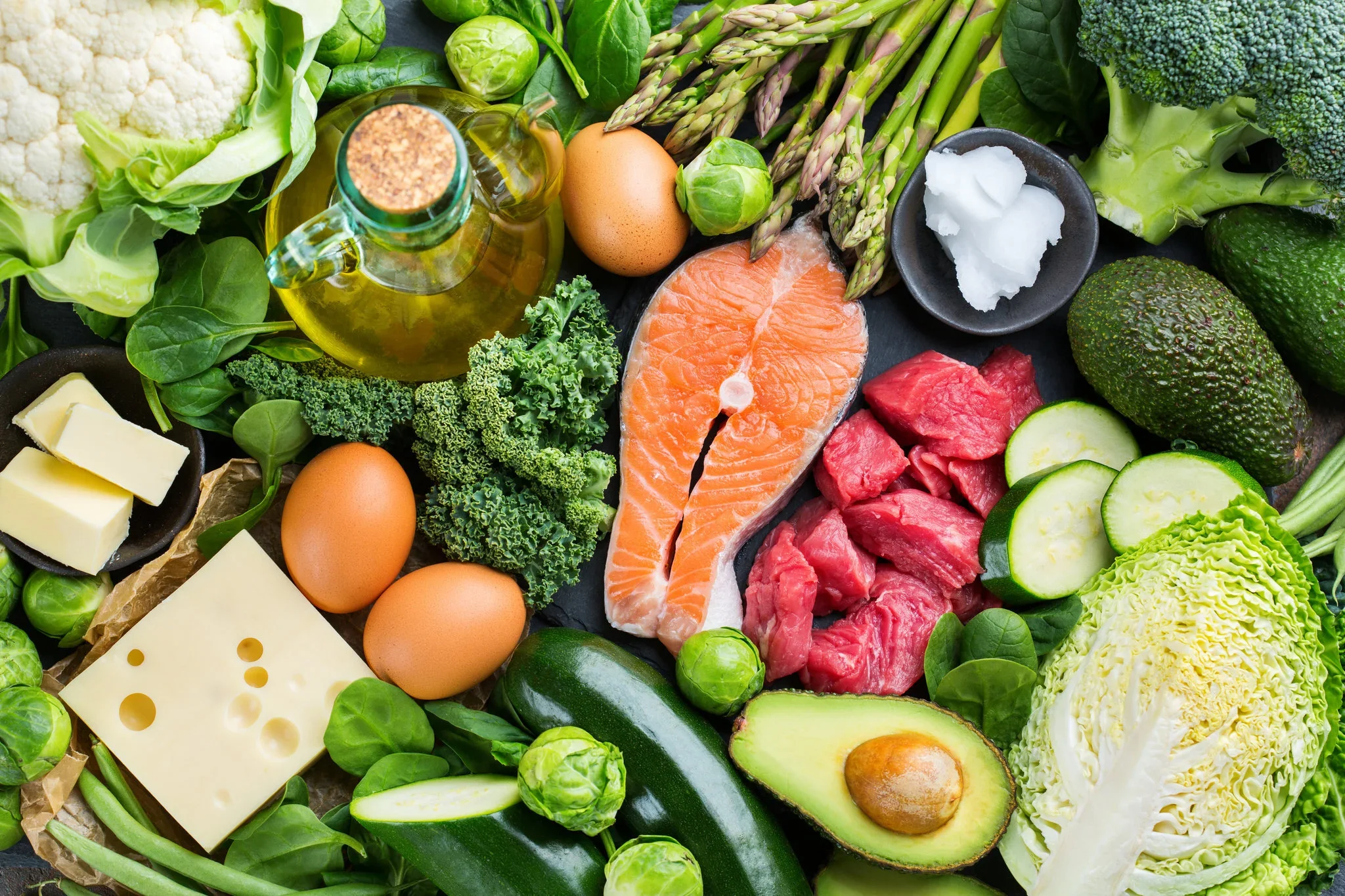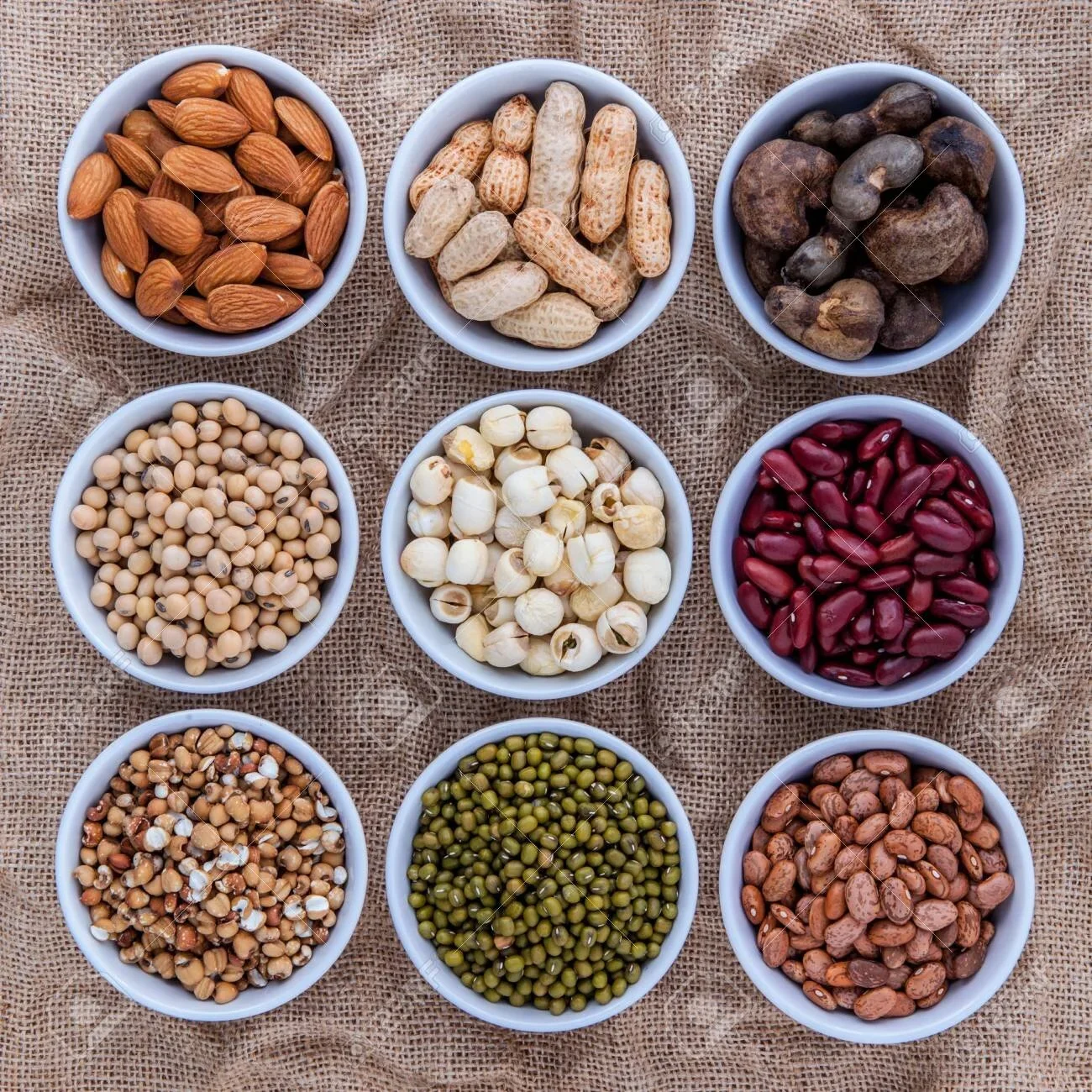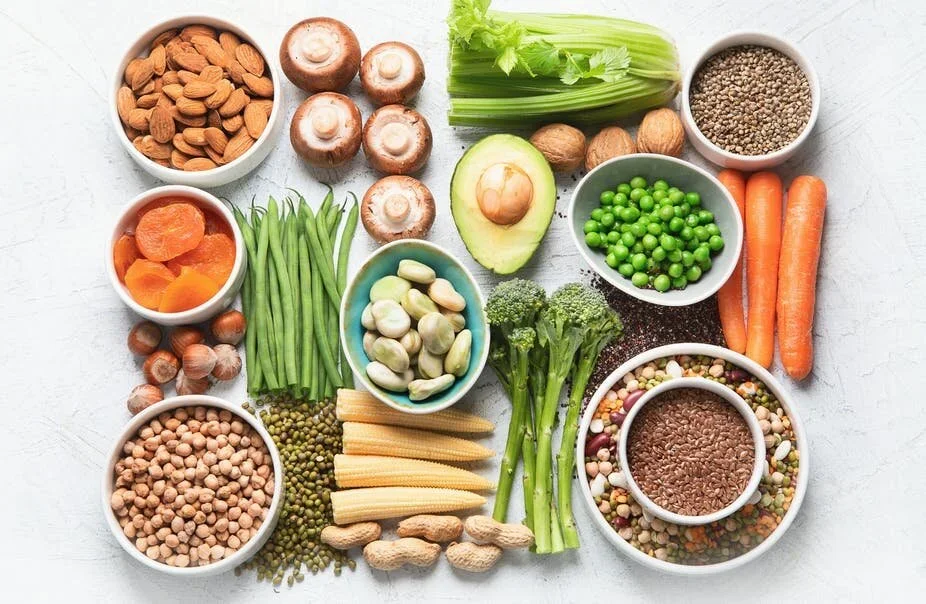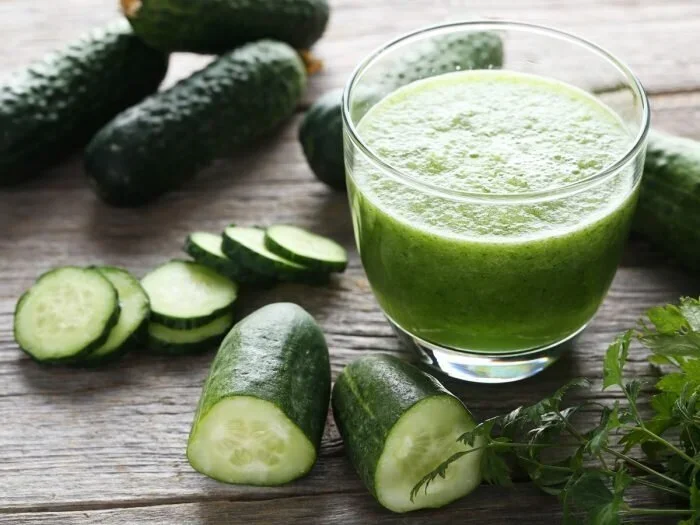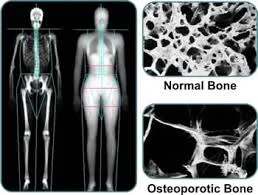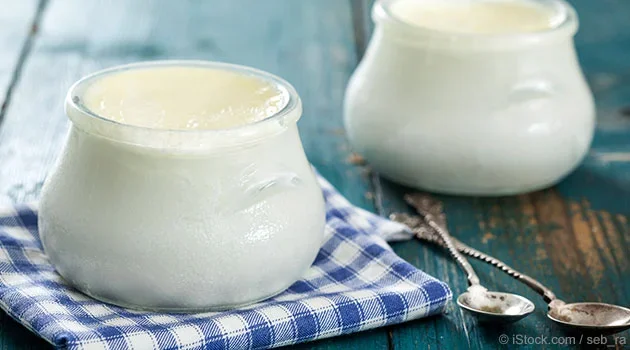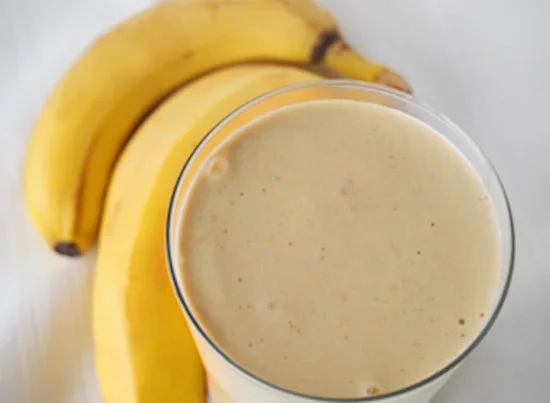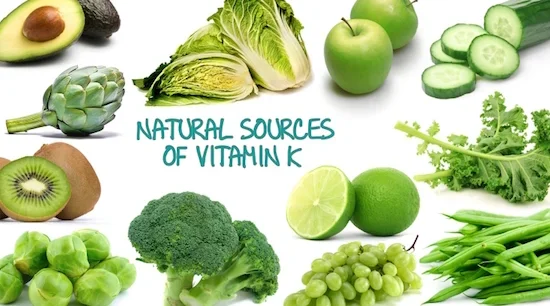
health briefs
This is smart health for real life. Short reads, clear science, practical moves. I show you where better energy, focus, and resilience come from. Follow along for data-driven insights, clinical strategies, and behind-the-scenes perspective on strategic health for individuals and companies.
We Need Doctors to Be Medical Experts—Not Hobbyist Nutritionists
There is a growing and deeply concerning trend: medical doctors stepping outside the field they were rigorously trained in—medicine—and entering domains like nutrition, often based on personal interest, frustration with the healthcare system, or anecdotal experiences.
Let’s be clear: nutrition is a scientific field in its own right.
Do NOT take vitamin D in multi-mineral supplements! (it doesn't get absorbed)
It’s not new knowledge, but it is still one of the more frequent mistakes I see done: taking vitamin D mixed with other minerals such as with calcium.
Fact is, when you mix vitamin D with minerals it gets degraded rapidly - which is why you should always take vitamin D isolated in its own supplement, if you want to actually absorb what you are taking.
Read the study here: https://jamanetwork.com/journals/jama/article-abstract/326928
Magnesium is the no. 1 most commonly found deficiency today
It would be optimal if we could eat enough of all the vitamins and minerals, because food is more recognizable to the body and it is easier to absorb. The sources of magnesium in our food products include whole grains, nuts, sprouts, legumes, cocoa, meat and vegetables. However, what I see when I test, is that many lack it - in 9 out of 10 cases, we see a deficit of magnesium. Magnesium is, together with zinc and silica, among the minerals we commonly find is difficult to obtain an optimal level of through our food because the soil is so depleted and our demands for these minerals have increased due to various stressors in modern life.
Essential minerals in today’s world - NEW TALK (Zoom webinar - Danish only) 2nd of March
Minerals are one the single most important factors in overall health status. We will go over the most important minerals to support gut health, immune health, mental health, skin and bones. To sign up for webinar go here: https://tidslerne.nemtilmeld.dk/294/ Please share.
Why athletes thrive on a plant-based diet (and why you likely won't long-term!)
There has been a lot of buzz surrounding going all-in vegan aka plant-based. A popular Netflix doc was made showing how athletes reported greater endurance, performance and so forth when switching over to a plant-based diet.
And this totally makes sense.
However, this led non-athletes to believe that they should copy the eating pattern of athletes, because “obviously“ this was showing to be the ideal way to eat.
Now this totally does not make sense.
Athletes typically have an energy demand of around 8000-10000 calories daily and require 1-1.5g of protein pr. kg. bodyweight. An average Joe might have an energy demand of around 2000-3000 calories daily and still require 1-1.5g of protein for optimal appetite control, bone health and muscle growth.
The athlete is thus needing to eat 3-5 x as many calories to meet their energy demand, yet their protein demand is about the same as your average Joe. This means the athlete is going to benefit from eating more plant-based food because they can easily reach their protein requirements from plants alone due to the high volume they are taking in daily.
Now if you downsize that food to about a quarter which meets the energy demand for the average Joe, you’re going to have great difficulty meeting your protein needs. And this will affect your overall health negatively: often weightloss resistance, cravings, muscle-loss, bone-loss and sagging skin even.
Study: 6 months with glucosamine and chondroitin was NO BETTER THAN A PLACEBO
Glucosamine and chondroitin are one of the supplements that always seem to be recommended for joint issues and should work in theory. But theory is not always what happens in real life. I have not seen real results with this in clinic and have been hesitant to recommend it, as research is sketchy and positive feedback as well. In a study in The New England Journal of Medicine, researchers found that a full 6 months of supplementation with glucosamine and chondroitin was NO BETTER THAN A PLACEBO.
Silica better than collagen? Its relation to bones, hair, nails and skin beauty.
I am currently experimenting with different types of silica and bioavailability. Silica is something 99.9% lacks when I test for it, and this is a crucial mineral for everything beauty and bone related. And let’s not forget it is placed next to that heavy metal aluminium in the periodic table and these two guys have a tendency to exchange places. Meaning, when our body is lacking silica, we become more vulnerable to store aluminium. Silica (or silicon) minimizes wrinkles, improves hair strand strength and nails, it increases collagen production and thereby also the appearance of cellulite. I am completely convinced silica is THE MOST OVERLOOKED beauty and bone nutrient of today. Better than Botox, may I add.
Low-carb diets may be detrimental for bones (study shows)
Why you might want to step off the keto-wagon and newly up and going carnivore diet - research reveals impaired bone-markers after even short-term following low-carb diets such as keto-diet. Read the full study here: https://www.frontiersin.org/articles/10.3389/fendo.2019.00880/full As always just because something is good (fat and/or protein), it doesn’t mean that more is better. Everything in excess is opposed to nature, a smart man once said (Hippocrates).
There is no science to support the theory of "anti-nutrients" (study link)
Okay, that’s a bit of a generalization, and it depends to a certain extent what your diet mainly consists of. I have always thought, it was completely missing the boat, both when it comes to our health and common-sense, when people started developing these theories of anti-nutrients in plant-foods. I.e. thinking that a low thyroid issue was due to eating too much broccoli. No one eats that amount of broccoli - it’s just plain unrealistic. And now we finally have the science to stop talking about this nonsense. Yet on the flipside: anti-nutrients do become an issue these days, because we are seeing the rise of so many ridiculous extreme diets i.e. the rise of raw vegan green detox fad type of extremist diets. It is entirely possible to eat so monotone and restrictive, that you are actually eating too much of a select type of anti-nutrient group, resulting in health issues in the long run. Click on to read the study debunking the theory of anti-nutrients.
Are vegetarians more at risk for mental disorders/depression/anxiety?
“Conclusion: Vegetarian men have more depressive symptoms after adjustment for socio-demographic factors. Nutritional deficiencies (e.g. in cobalamin or iron) are a possible explanation for these findings, however reverse causation cannot be ruled out.” There has been a lot of studies on health benefits of vegan/vegetarian diets - both pro and con. Some show improved health aspects and some do not. Many of the health benefits are likely associated with simply choosing whole foods over processed foods and not exclusion of meat. Otherwise there would be no case for the carnivore diet which is currently trending.
DANISH ONLY ONLINE WEBINAR 5th of September: Minerals and their vital role for modern living
In this Danish only online webinar on 5th of September we will be discussing the vital role minerals play in our health today. To register click here: https://tidslerne.nemtilmeld.dk/173/ and read more about the event.
Why weak bones don't call for more calcium (the real cause of osteoporosis)
When we look at brittle bones, it almost never has to do with lack of dietary calcium, yet that is what people are told, when they go for a bone scan (Dexa scan). You cannot scan people’s bones and tell from an image that their bones are weak because they lack dietary calcium.
What should your vitamin D level be for optimal health?
There is a lot of confusion these days about vitamin D. Some advice on extreme levels while others advice just a pinch more than where we see bones falling apart. As with most things the real answer is found in the middle - oh man, no not the middle - the middle is so boring, you might say, but hey, that is only cos you are a dopamine addict like the rest of us hanging on to our phones like heroin addicts. Yeah enough of that. Sustainability is often found in the middle ground and so it is here as well. On one side we have the totally outdated advice of just making sure we are over approximately 50 nmol/L (20 ng/mL). This advice is setting the bar so low that we are just not developing obvious symptoms of vitamin D deficiency like osteoporosis.
Our bones control our appetite and waistline!
Did you know that our bones act as appetite-mediators? Yes, we have heard that eating dairy and calcium seems to help weight-loss, but why is that exactly? Well part of the reason is now clear: our bones send messengers that cross the blood-brain barrier to let the brain know that sufficient nutrients have been absorbed to keep the bone-building process going.
How to choose the right whey protein powder
I love whey, and especially because it is a broad-spectrum superfood - meaning there is not an ailment that it doesn't cater for. The only exception being for hypersensitive biochemistry types, which will not be able to tolerate the dairy protein present. The majority of those of us dealing just with simple dairy sensitivity do well with whey. And it's delicious as a banana, coconut and whey smoothie.
6 nutrition strategies to aid fracture healing
So, last year I fractured my right elbow in a mountain bike incident; too bad cause I have always wanted to pick up skateboarding. However, I can honestly say that this broken bone incident has put me off risking breaking anything else, which inevitably happens on a skateboard. This regardless of bone density level; bones tend just not to like kissing the asphalt at full speed very much. Super annoying, it makes you realize you are not Batman afterall.
Should you take zinc and magnesium together?
When you take supplements you need them to also be actually ABSORBED to benefit from them. Unfortunately, it is not as simple as buying a mineral tablet, as many companies have not bothered looking into the bioavailability, nor how minerals compete for absorption. Minerals that compete for absorption should quite obviously NOT be taken at the same time, because you will not absorb them fully then. So what about zinc and magnesium - two crucial minerals for brain, muscle, hormone and male sexual health - should you take them together or apart to benefit from them?

